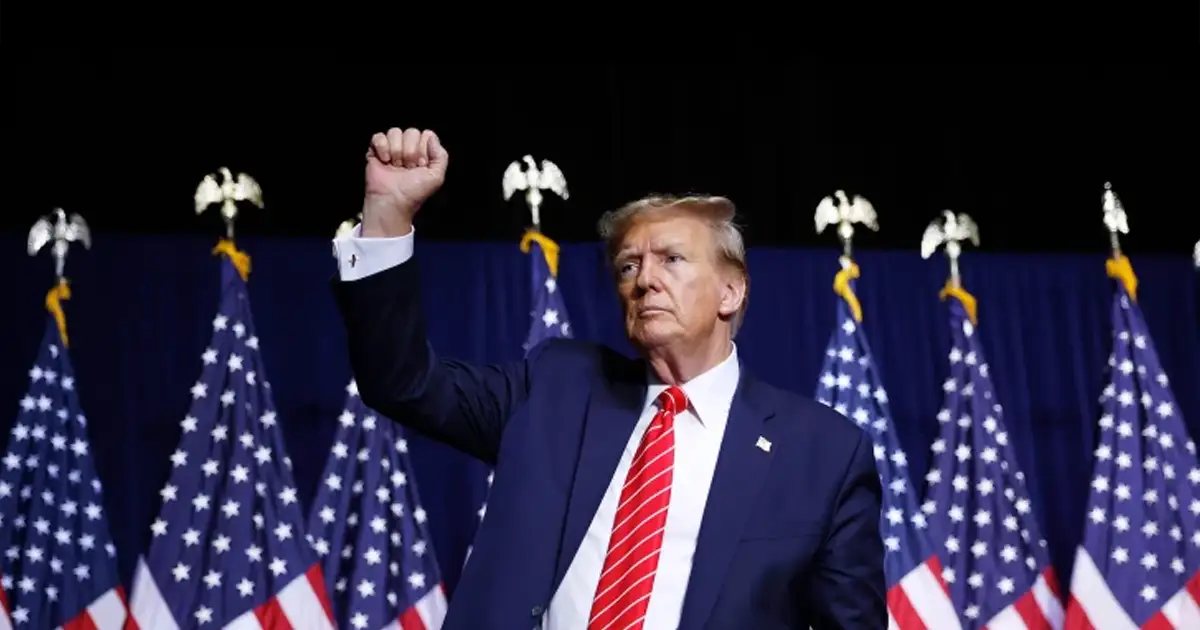United States: The impact of Donald Trump’s One Big Beautiful Bill on the incomes of professional gamblers
A discreet but far-reaching change has crept into the One Big Beautiful Bill, Donald Trump’s ambitious tax reform plan: from 2026, punters will no longer be able to deduct all their losses, but only 90%. In practical terms, many gamblers will find themselves taxed on ‘phantom income’. This measure, designed to replenish the State’s coffers, is provoking anger, concern and counter-attacks.
Betting… to be taxed?
Imagine winning $100,000 but losing just as much. Today, these losses would cancel out your winnings. As of 2026, you will have to declare $10,000 in taxable income, because the losses will not be fully deducted. The consequences are not insignificant: the government expects to bring in a billion dollars in tax over ten years.
But this measure mainly affects professionals and informed gamblers, since only punters who really itemise their spending are affected. According to the American Gaming Association, occasional gamblers will not necessarily see a major impact, unlike regular punters.
Professional gamblers, offside?
The real problem concerns professional gamblers operating on tight margins. They could turn away from legal platforms and migrate to offshore markets, which are unregulated and untaxed. In fact, some analysts point to the risk of increased losses for recreational gamblers and reduced tax revenues for states such as New York and New Jersey, which are dependent on sports betting.
Phil Galfond, a leading figure in professional poker, even tweeted that the reform would ‘signal the end of professional gambling in the United States’. The problem is all the more profound in that the measure passed virtually unnoticed in the 900-page draft text, and was initiated in the Senate Finance Committee for procedural reasons.
Revolt and political riposte
Anger is growing in the corridors of Las Vegas, in poker circles and on social networks, where people are claiming that this measure will put an end to honest gamblers. And some elected representatives are taking action:
- Rep. Dina Titus (D-Nevada) introduced the FAIR Bet Act to reinstate the 100% deduction.
- Sen. Catherine Cortez Masto (D-Nevada) proposed a parallel bill in the Senate (Full House Act), but was rejected by the GOP – notably by Senator Todd Young (Indiana).
- A bipartisan coalition is encouraging a return to full deduction.
For Titus, this measure is ‘brutal’ and overestimated in terms of tax revenue, a provocation to common sense and a risk of flight to illegal gambling.
Political impact, electoral stakes
The stakes are not insignificant: the reform is part of a wider project ($4.5 trillion in tax cuts, cuts to Medicaid/SNAP, tighter border security, etc.), designed to mark the Trump 2.0 era. But opponents denounce the text as slapdash, too patched together, favouring the richest at the expense of the most vulnerable.
Professional gamblers, often domiciled in crucial states such as Nevada, could form a united bloc of discontent. In the run-up to the 2026 mid-term elections, this tax and moral issue could become a key political argument.
A possible rebalancing will depend on the mobilisation of professional players and the narrative that the Democrats construct to convince public opinion.


